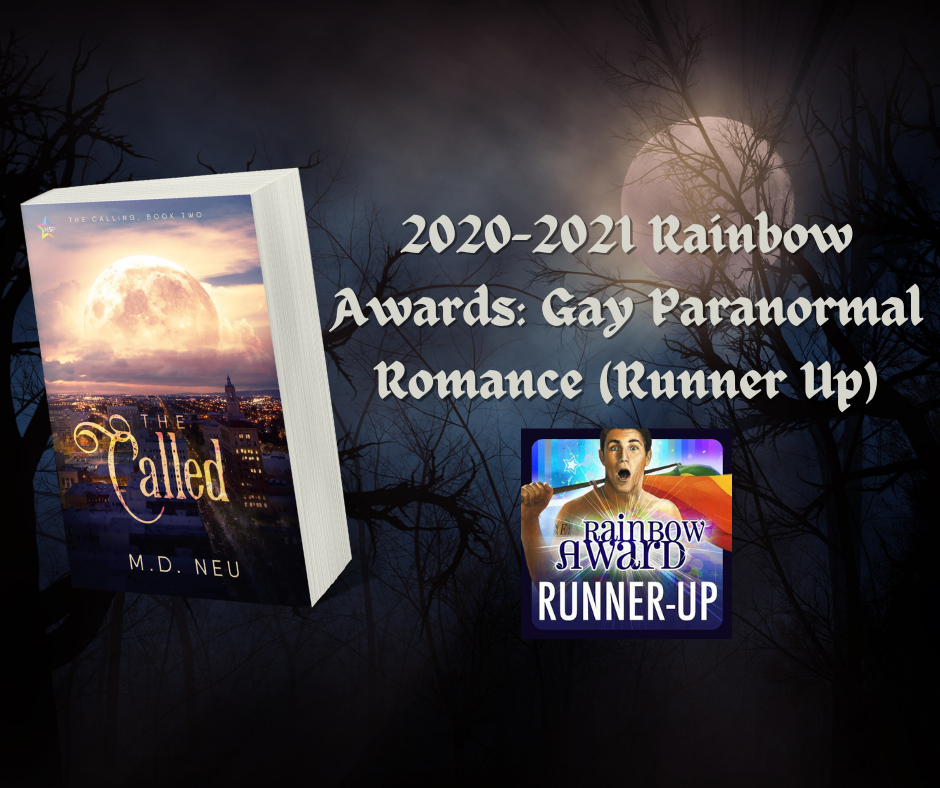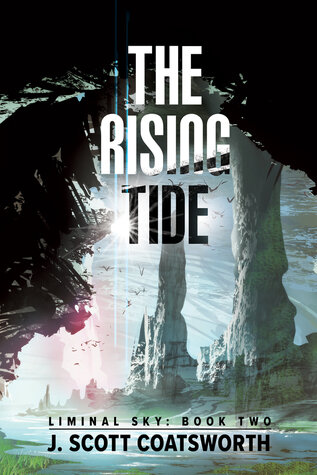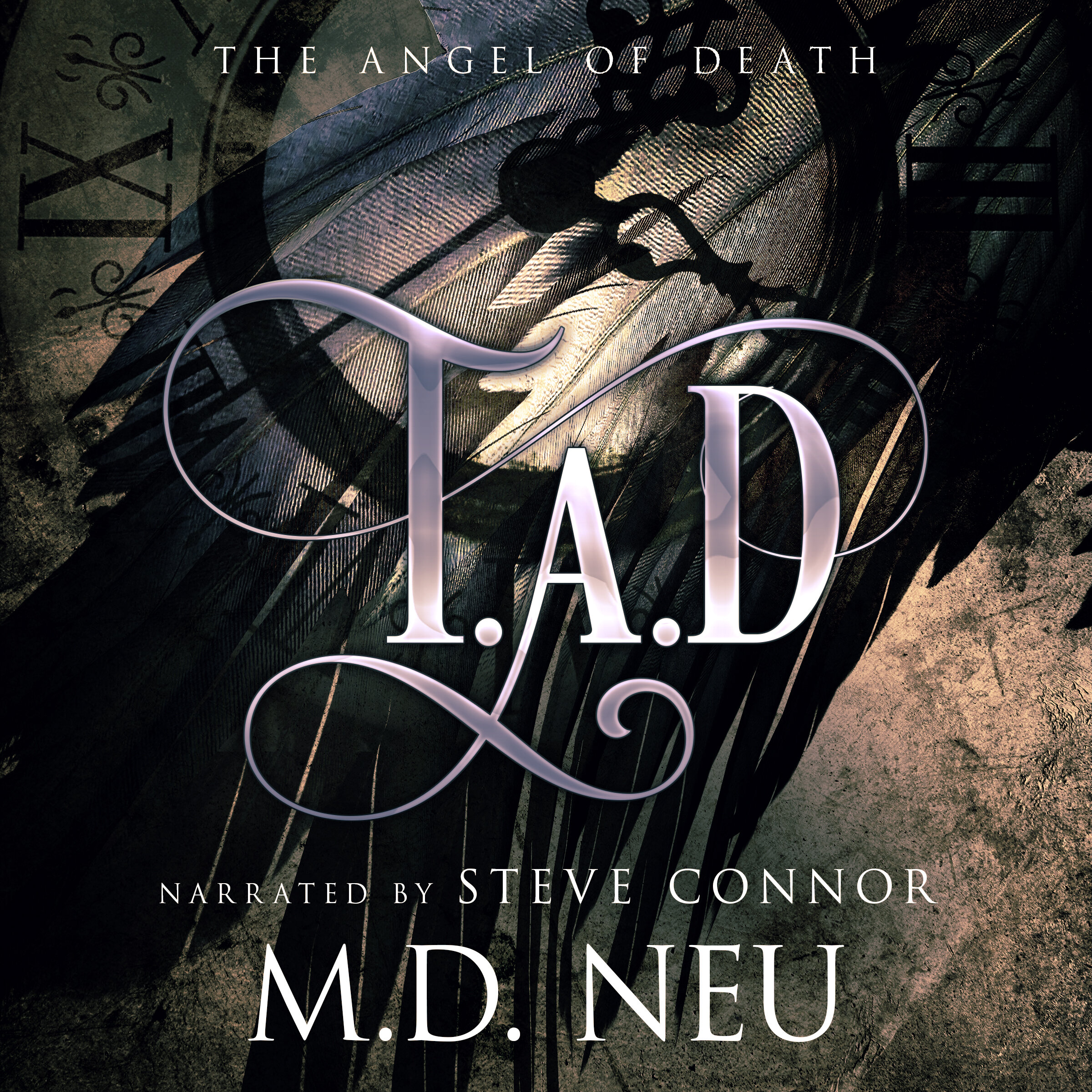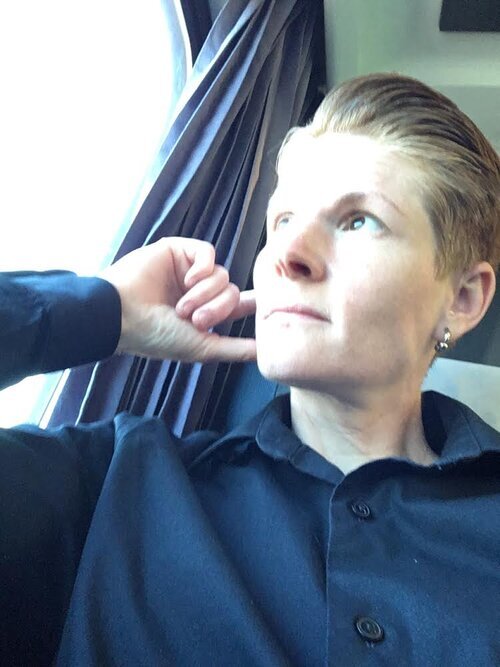Greetings folks! I hope you are having a great Wednesday so far. This week I’m pleased to have fellow NineStar Press author, Rick R. Reed to share his newest novel, Immortal Things. I can’t say enough about this author and his writing. You need to get to know him and his work. You don’t want to miss out.
EXCERPT
IMMORTAL THINGS ©2021 by Rick R. Reed
Meet cute is a romance-novel convention, referring two when our two love interests meet. I go a little darker with my meet cute in Immortal Things. Here is when our two male vampires meet and make an impression on each other—in 1950s New York City.
***
The Tiger’s Eye was not a place where established artists and writers hung out. Jackson Pollock or Willem de Kooning would not have been glimpsed there, although they may have been nearby, perhaps in a cab with Peggy Guggenheim heading up to her Art of This Century Gallery on West Fifty-Seventh.
But those who aspired to be the next Pollock or de Kooning took advantage of the cheap price of spirits and the “starving artist” ambiance afforded by the Tiger’s Eye.
Edward Tanguy was one of those artists. For Edward, the Tiger’s Eye was an escape from his tiny studio apartment (and workspace) on Horatio Street. He could walk there, nurse a beer or two all evening, engage in conversation with other patrons, which might or might not inspire him to work, and perhaps catch the eye of a handsome stranger. This last was a rare occurrence, usually accompanied by racking guilt the morning after and a determination to “throw himself completely” into his art.
Edward was tired. He had worked all day trying to create something that would move him from being the “crazy guy who fancies himself an artist” who lived at the back of a four-story walk-up inhabited mostly by drunks, heroin addicts, women of easy virtue, rats, and cockroaches to being “that crazy artist who fancies himself alive.” Edward still had primary-colored paint under his fingernails. A smear of green on his forehead was partially obscured by his blondish-brown hair, which hung like dirty corn silk. His skin was pasty from too many long nights at the Tiger’s Eye and too many days spent inside his one-room apartment, whose only light―save for the sixty-watt bulb that hung from an uncovered ceiling socket―emerged from a gritty window that faced the side of another building. But the ashen pallor of his skin lit up his eyes, a shockingly pale green, flecked with yellow. Edward’s wide-set eyes, ringed in black, gave his face a startling beauty and magnetism. Without those eyes, Edward might have simply melted into the crowds of similarly dressed poor New Yorkers, culturally aware young men who dressed themselves in worn berets, dark denim, and cotton print shirts. Edward wore paint-spattered jeans, black sneakers, and a rumpled plaid cotton shirt. He forewent the beret; he didn’t want to look that affected.
Edward was actually sipping whiskey that cool September night, a rarity. He couldn’t usually afford anything more than beer, and tonight was no exception. But it had been such a hard day. His body ached from his efforts to distinguish himself, to transform himself from someone who aspired to being a painter, to one who actually was. He wanted to free himself from the bondage of necessities such as short-order cooking, selling encyclopedias, cab driving, apartment cleaning, or message delivering. The aches along his rib cage and the bruises on his limbs came from Edward’s style of painting, which was to smear his entire body with various colors and fling himself at oversized canvases, contorting, rolling, and turning his body to create―he hoped―an electric fusion of color and movement, a way to record something important about himself at that moment that no one had ever seen.
Today, his work had littered the floor of his apartment (a wooden plank floor almost black from neglect and from not having seen the underside of a mop in generations): three canvases, all of them riots of color that traced the movements of a small man, ambitious and a dreamer. There were only small paths from his front door to his bed (a mattress on the floor), his bathroom (a toilet and small claw-footed tub occupying one corner of his kitchen), and to the grimy window, which would never close all the way.
When evening came, and the apartment grew dim, and the sounds outside of cab horns, newspaper vendors hawking that day’s news, and the cries of passersby became intolerable, Edward dressed himself, stopped at the newsstand on the corner for a pack of Luckies, and headed over to the Tiger’s Eye.
Alcohol and maybe―if he was lucky―the warmth of another man’s arms might act as a balm to the soreness in his muscles and the drain of his hard day’s work. If he could procure that balm, Edward thought, it would be worth losing the little bit of money he still had left from his last temporary job as a clerk in a paint store on West Fourteenth.
He leaned against the bar, smoking, listening to Charlie Parker’s plaintive sax, and watching a guy at the end of the bar. The guy was dressed all in black, wearing sunglasses in spite of the gloom of the Tiger’s Eye. Tiny round gold-rimmed sunglasses that made it look like he had holes where his eyes should be. The effect was chilling, scary, and it drew Edward in a dangerous way, repellent and gripping at the same time. His face, like Edward’s own, was pale, but defined by sharp angles, good jawline, and strong chin. Blond hair fell in soft waves to his shoulders. There was something stirring, strange, and beautiful about this character, something that made him stand apart from the other men and the few women in the bar, all roughly the same age as Edward, all sporting the same look of studied bohemian dishevelment.
Edward had been watching him for the past hour or so, his stare growing more obvious as the beer and whiskey emboldened him. There wasn’t enough alcohol in the bar, however, to provide Edward with enough courage to actually approach the man and initiate a conversation. Trolling for men, his method was always the same: watch and wait. If his pointed eye contact yielded no results, Edward would go home alone. Since the bar was dark and smoke-obscured, not allowing the casual observer to take in the allure of Edward’s emerald eyes, he often traveled back to his Horatio Street walk-up by himself, accompanied only by the stench of stale beer and smoke on his clothes.
But tonight, Edward wasn’t sure he would be making that walk alone. Even though it was impossible to tell what the man was thinking behind those odd, old-fashioned glasses, there was an almost palpable connection. Edward could feel it. The sensation was akin to the prickle he got when he knew someone was watching him, even if his back was turned. The stranger’s face was turned toward him, and Edward was positive their gazes were engaged, even if a shield of black glass prevented him from confirming it.
Almost. He was almost to the point where impatience and desire collided, at the point where he would disregard his own fear and let hunger usurp it. He was almost there: where he’d break his own rule and approach the man. What would he say? What would be clever enough to amuse this stranger?






































